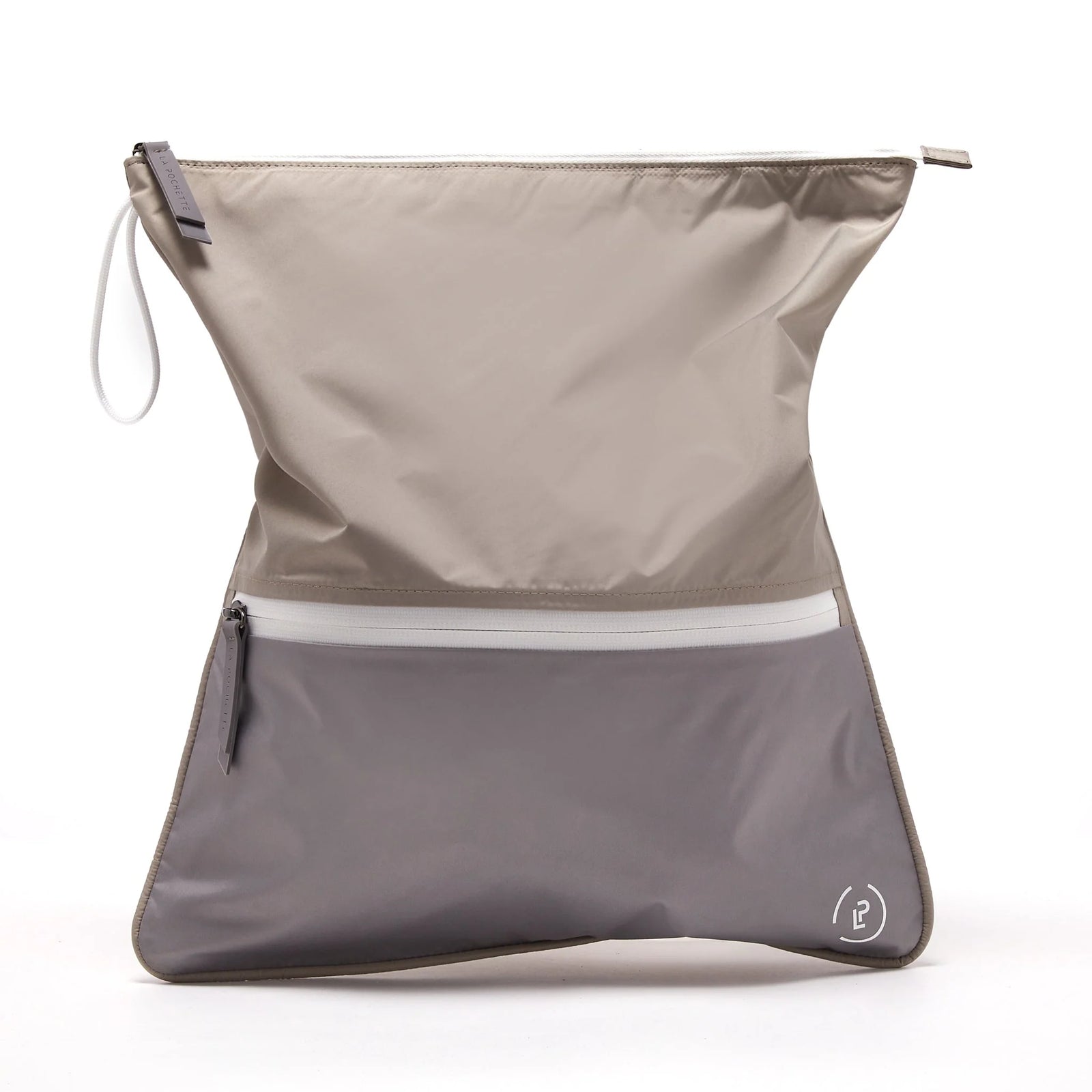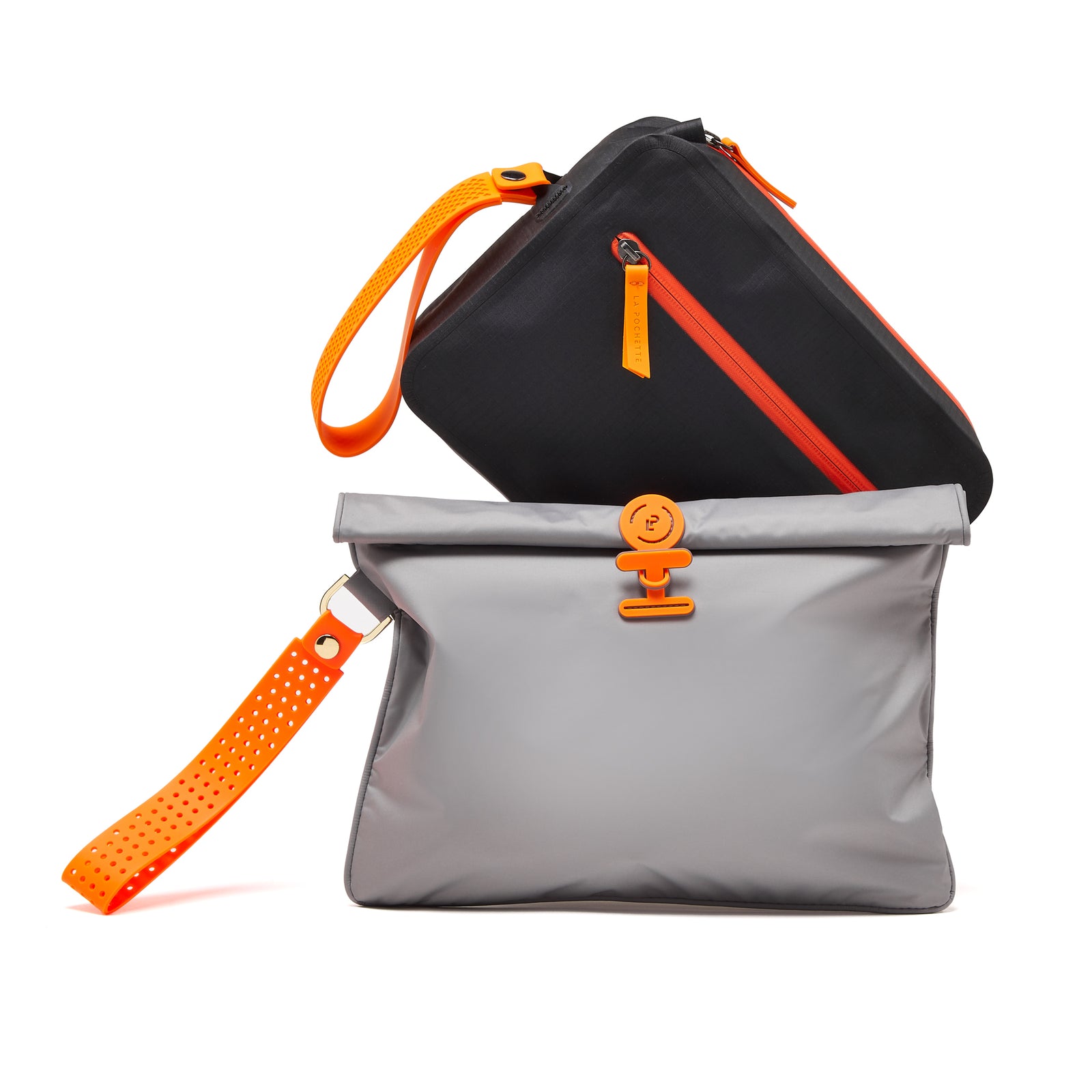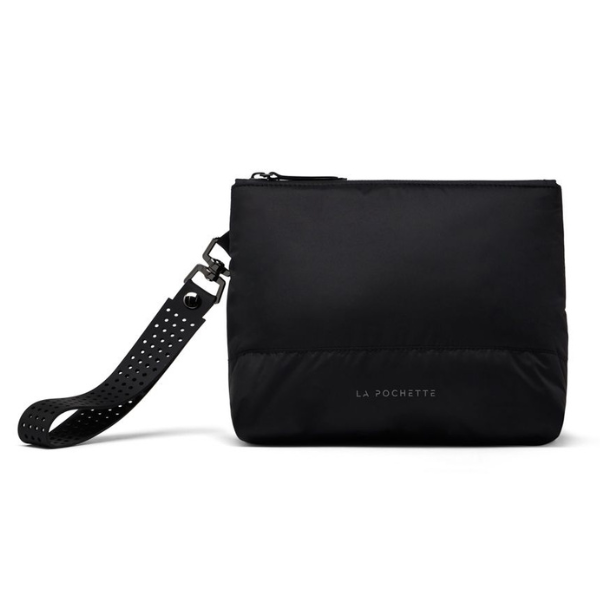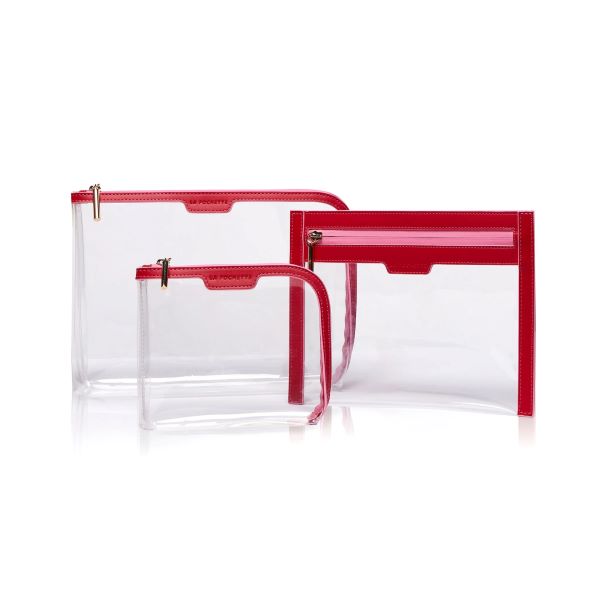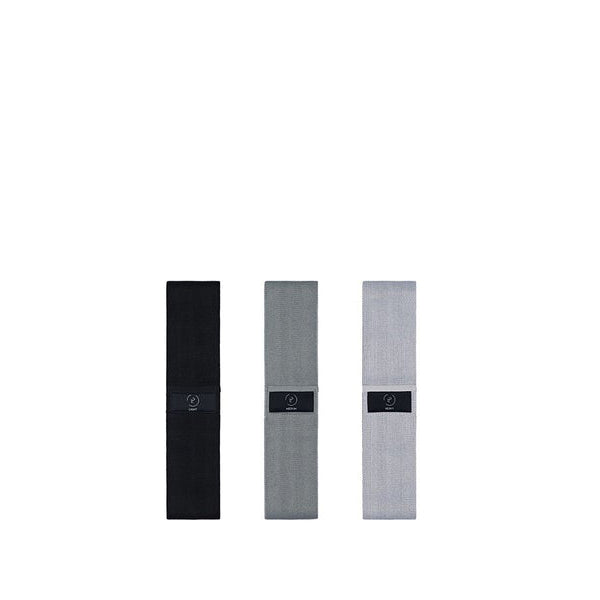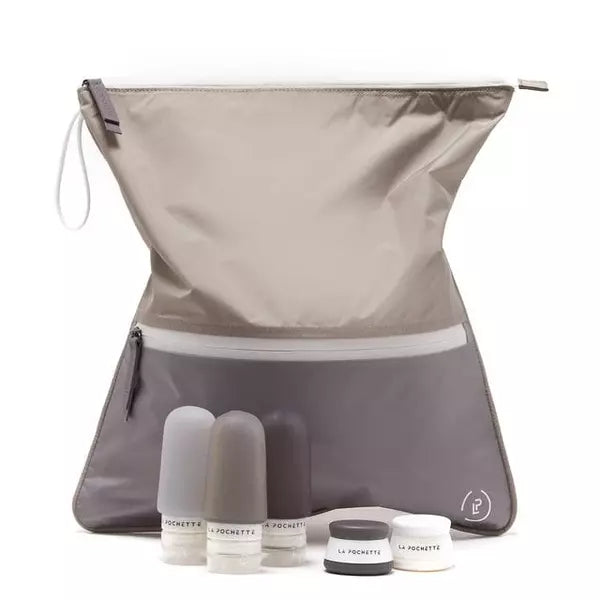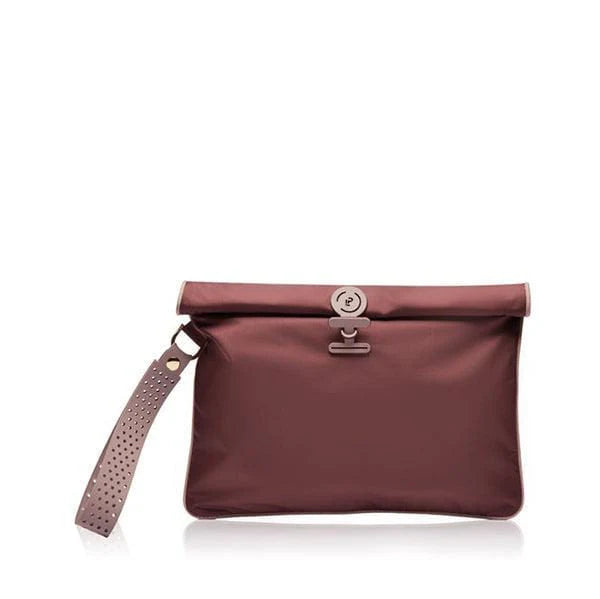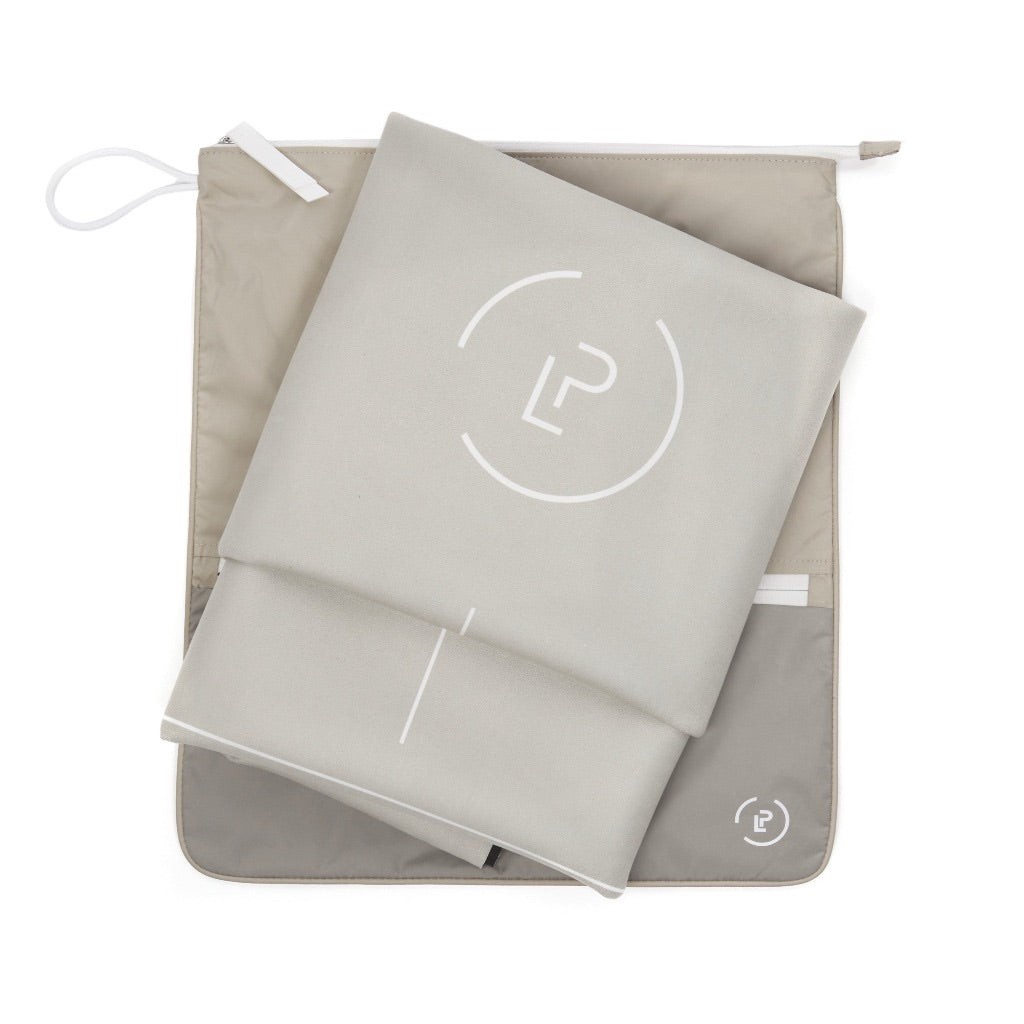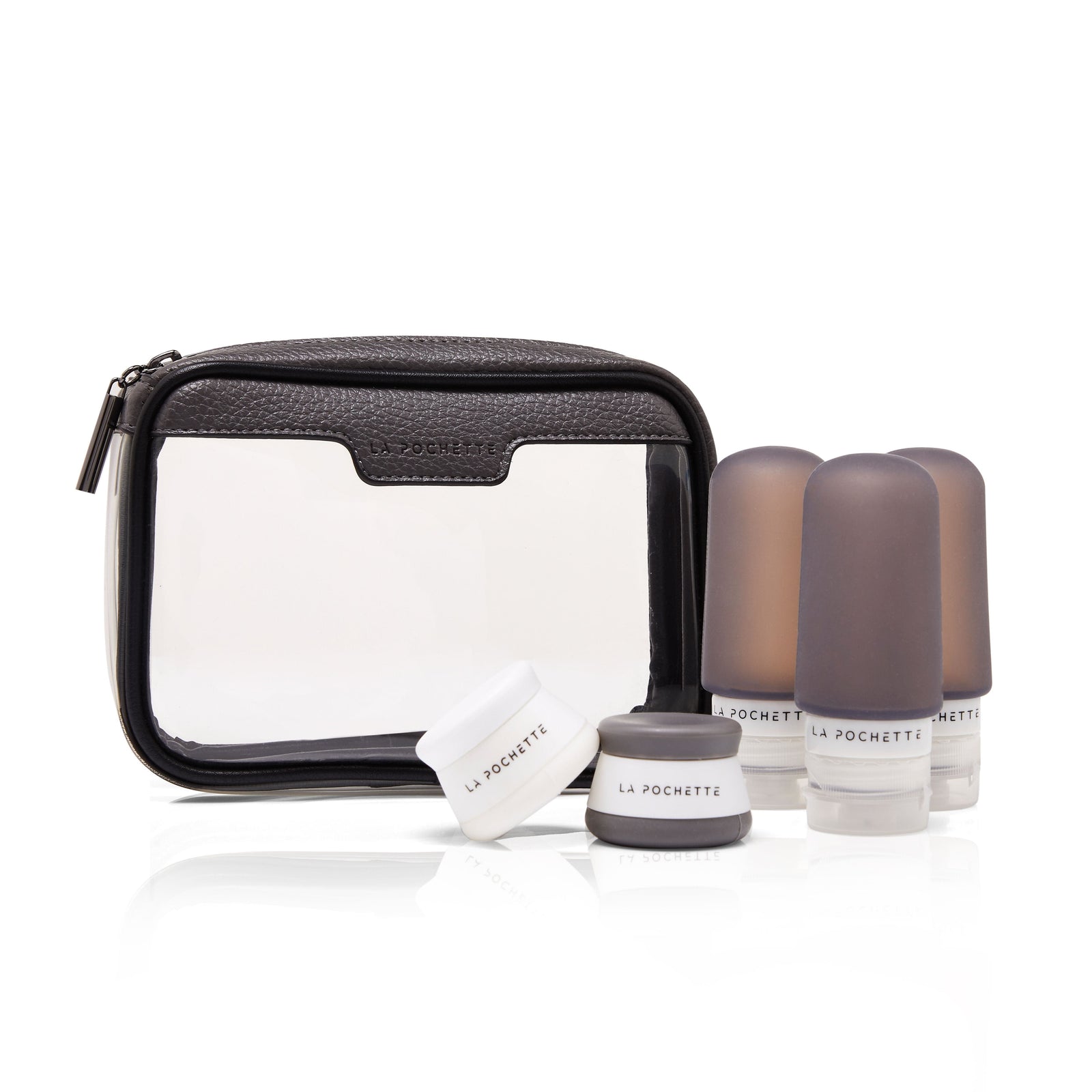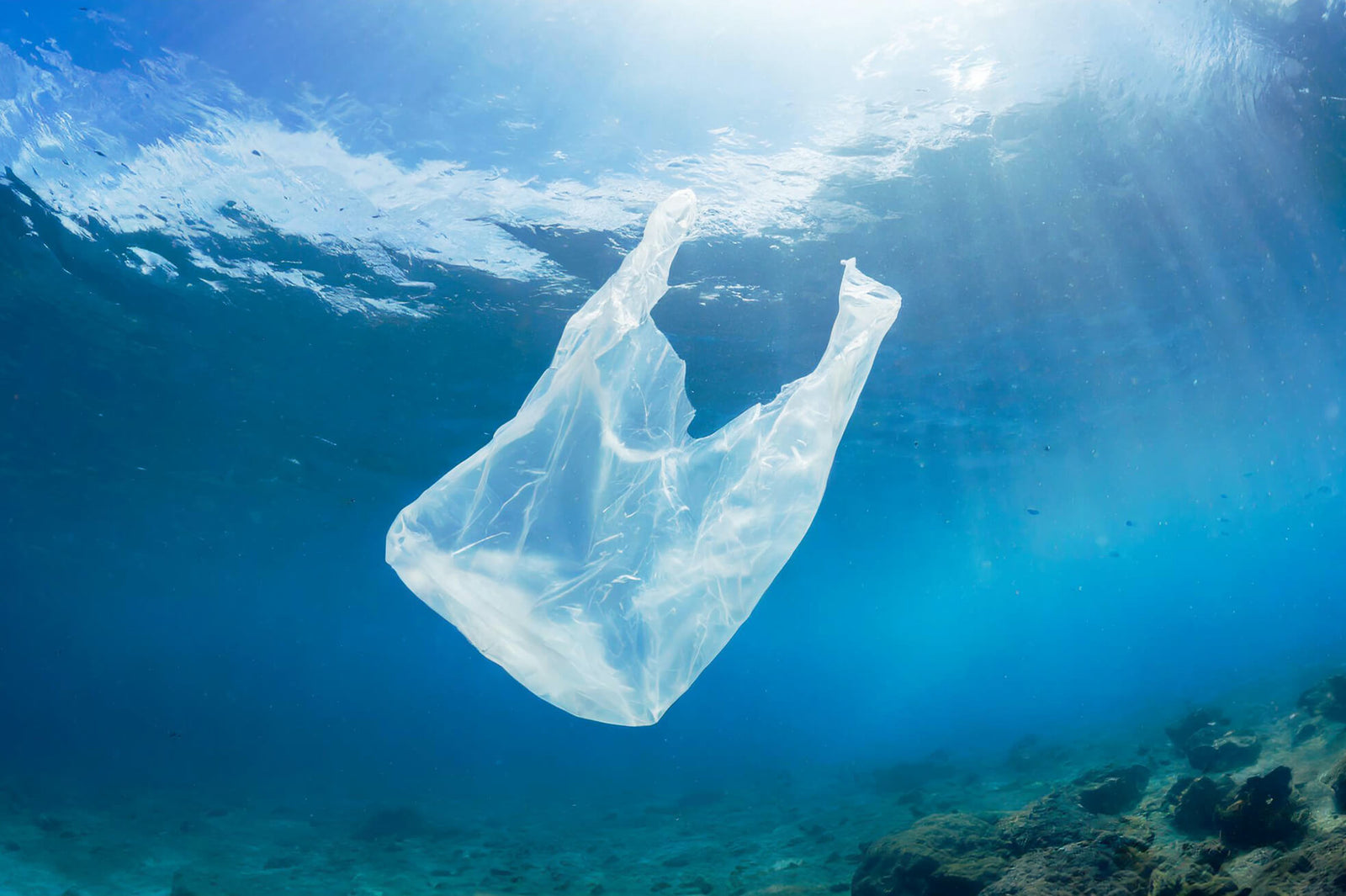Combatting Single-Use Plastic in the Wellness Industry
Significant strides have been made in the UK to curtail the use of single-use plastics. Initiatives, starting in 2015 with the introduction of a 5p charge for single-use plastic bags in supermarkets, led the way. By 2021, the charge was increased to 10p and extended to all businesses, resulting in the annual distribution of plastic carrier bags by seven leading grocery chains plummeting from 7.6 billion in 2014 to 133 million last year according to DEFRA.
Further efforts included the prohibition of microbeads in rinse-off personal care products in 2018 and restrictions on the distribution of single-use plastic straws, drink stirrers and cotton buds in 2020, each contributing to a notable decrease in plastic waste.
Stalled progress
Despite the advances, the momentum appears to have slowed. The fitness industry faces a unique challenge: the COVID-19 pandemic has reignited the use of single-use plastics under the guise of hygiene, underscoring the ongoing struggle against plastic pollution.
With approximately 4,880 gyms across the UK alone, visited by an estimated 10 million people, the potential environmental impact of the fitness industry - particularly regarding single-use plastics - is nothing short of profound. The hotel and hospitality industry also plays a significant role, especially as it increasingly focuses on wellness and the needs of health-conscious traveller.
Chris Hocknell of Eight Versa Sustainability Consultancy notes, “The fitness industry’s reliance on single-use materials for hygiene purposes post-COVID has exacerbated environmental harm. A shift towards sustainable alternatives is imperative.”
“The use of plastic bags is particularly worrying. Provided to members and guests to carry their wet gym or sweaty clothes home in, this not only contributes to plastic pollution but also fails to provide a durable or hygienic solution.”
Reflecting on this, Greenpeace encapsulates the broader environmental challenge:
"Our planet is drowning in plastic pollution. It's time for industries, including fitness, to cut down on plastic waste and shift towards more sustainable materials and practices."
Sustainability entrepreneur, Rachel Watkyn, notes another significant obstacle:
"Many gyms still offer plastic bottles of water and throwaway cups, and the problem seems to be that members/consumers care less than they did pre-COVID,” she says. “We have reached sustainability fatigue or 'sustigue'."
Does this mean that people just don’t care as much? Unlikely. But something needs to be done to reignite that fire and get the conversation back to unnecessary plastic waste and what we can do about it.
What can be done?
To combat the environmental impact of single-use plastics, there are several proactive steps the fitness industry could take. Installing refillable water stations is a sure-fire way of moving towards a greener future, encouraging gym-goers to bring their own bottles. They could also ban the sale of disposable plastic water bottles, and instead offer washable water bottles for a nominal fee to those who forget theirs.
Introducing a small charge for plastic bags could also help mirror the success seen in supermarkets, incentivising members to switch to more sustainable options, such as reusable "Bag for Life" equivalents or durable sweat bags designed for multiple uses.
While offering biodegradable plastic bags may seem like a promising alternative, it's by no means a silver bullet. Although these bags signify a commitment to diminishing traditional plastic waste, their effectiveness is limited. The environmental conditions required for these materials to break down fully - coupled with the risk they pose in contributing to microplastic pollution if not properly processed in industrial composting facilities - really drives home the point: we need to think bigger and better when it comes to tackling plastic waste in the fitness world.
We believe La Pochette leads by example, offering stylish, practical, and eco-friendly alternatives to disposable plastic bags, directly tackling the fitness sector's environmental challenges.
La Pochette: Pioneering Sustainable Fitness
La Pochette is not just a brand; it's a movement towards integrating sustainability into our fitness routines. Justine Rouch, La Pochette's founder, shares her vision:
“Launching La Pochette was all about trying to solve a simple problem: making it easier to stay active on those non-stop days, whether you’re darting between meetings, travelling, or meeting up with friends. But there was a bigger issue that really struck me, and it was the sight of all those single-use plastic bags in changing rooms. We decided to tackle the issue head-on by choosing to make our signature fabric from recycled post-consumer plastic waste. It’s not just about offering convenient solutions for an active lifestyle; it’s about being mindful of our environmental footprint. At La Pochette, we believe in making choices that support both personal well-being and the health of our planet.”
Designed for the active individual, La Pochette’s Sweat Bags are tailored to keep your gym kit organized and hygienic. These zip-tight bags prevent dampness from seeping into your other belongings, while their antibacterial fabric ensures your gear stays fresh until you can wash it. Not to forget, a handy front zip compartment allows for separate storage of smaller items.
For swimmers, the La Pochette Wet Bag is an essential companion. Its triple-lock closure ensures that it’s waterproof, keeping wet clothes contained and away from clean items, all the while looking stylish at any poolside or beach club.
